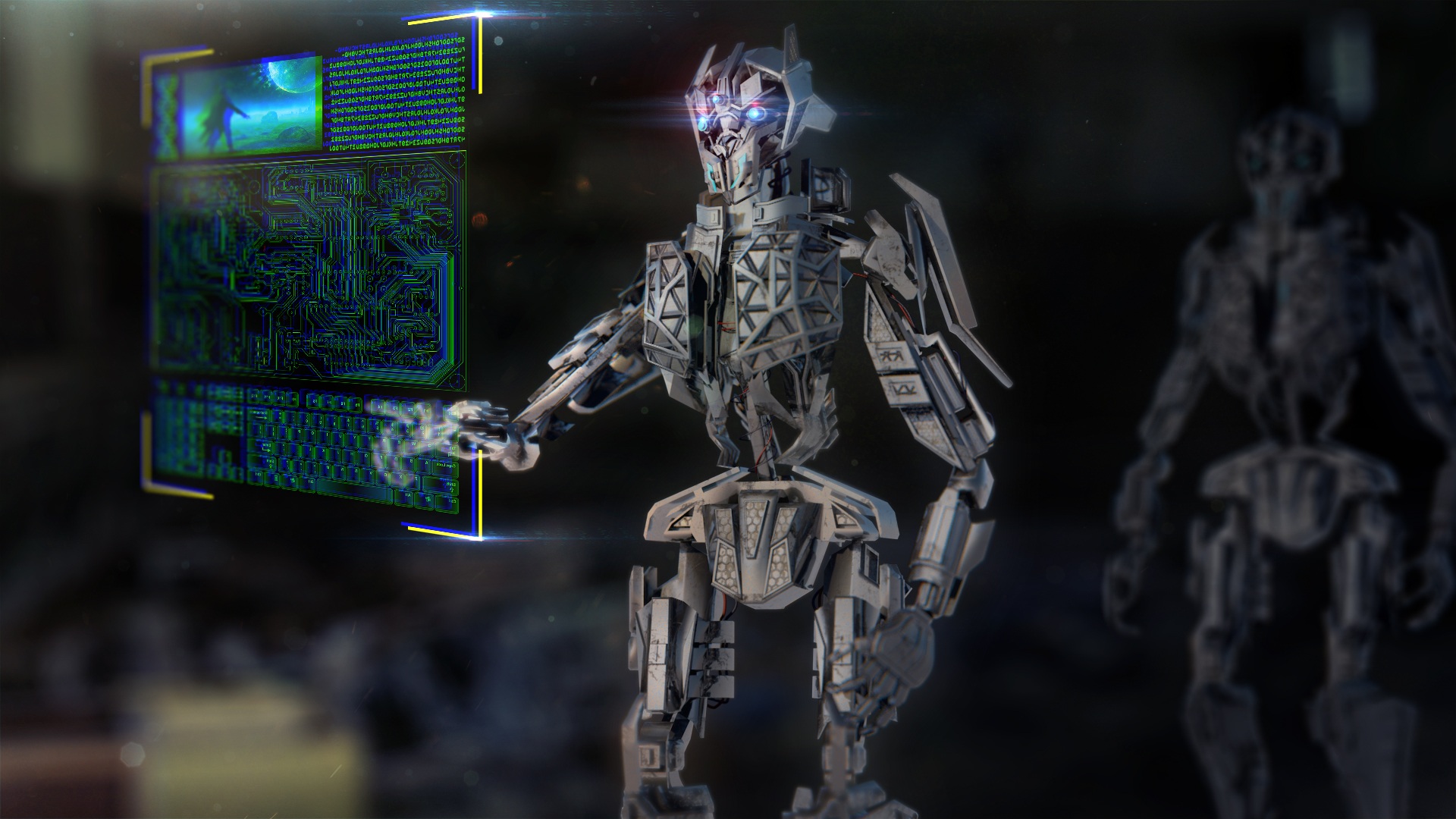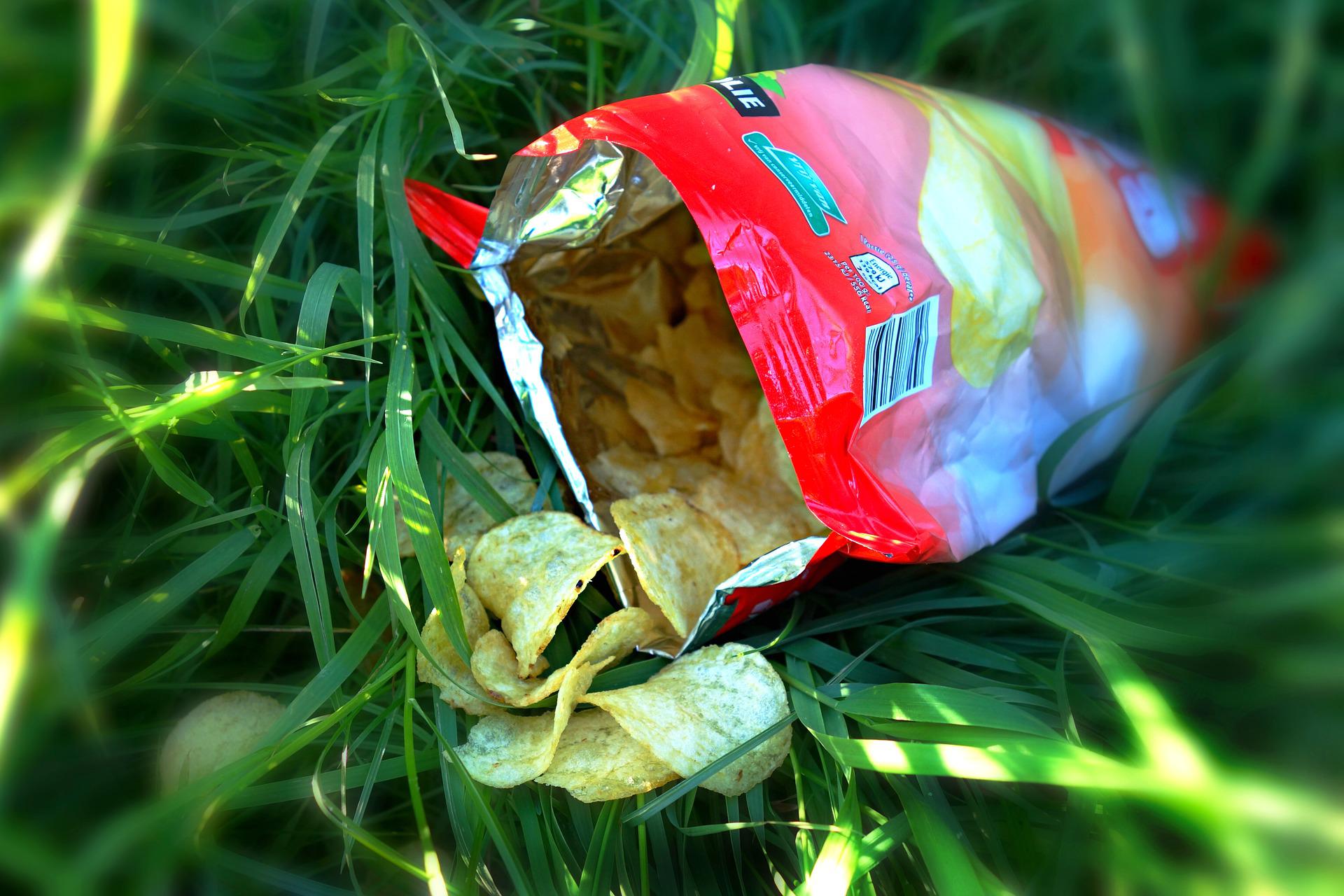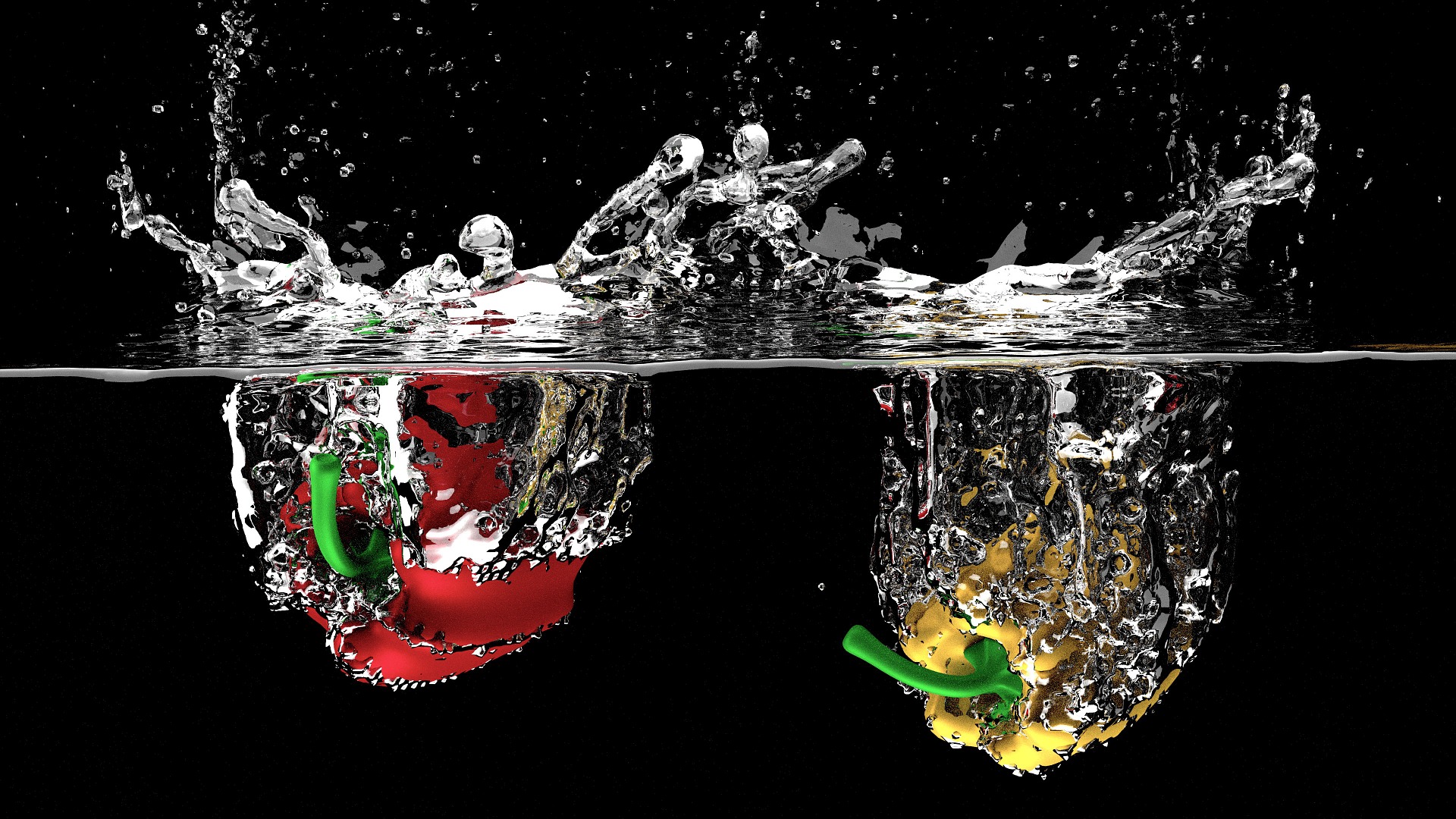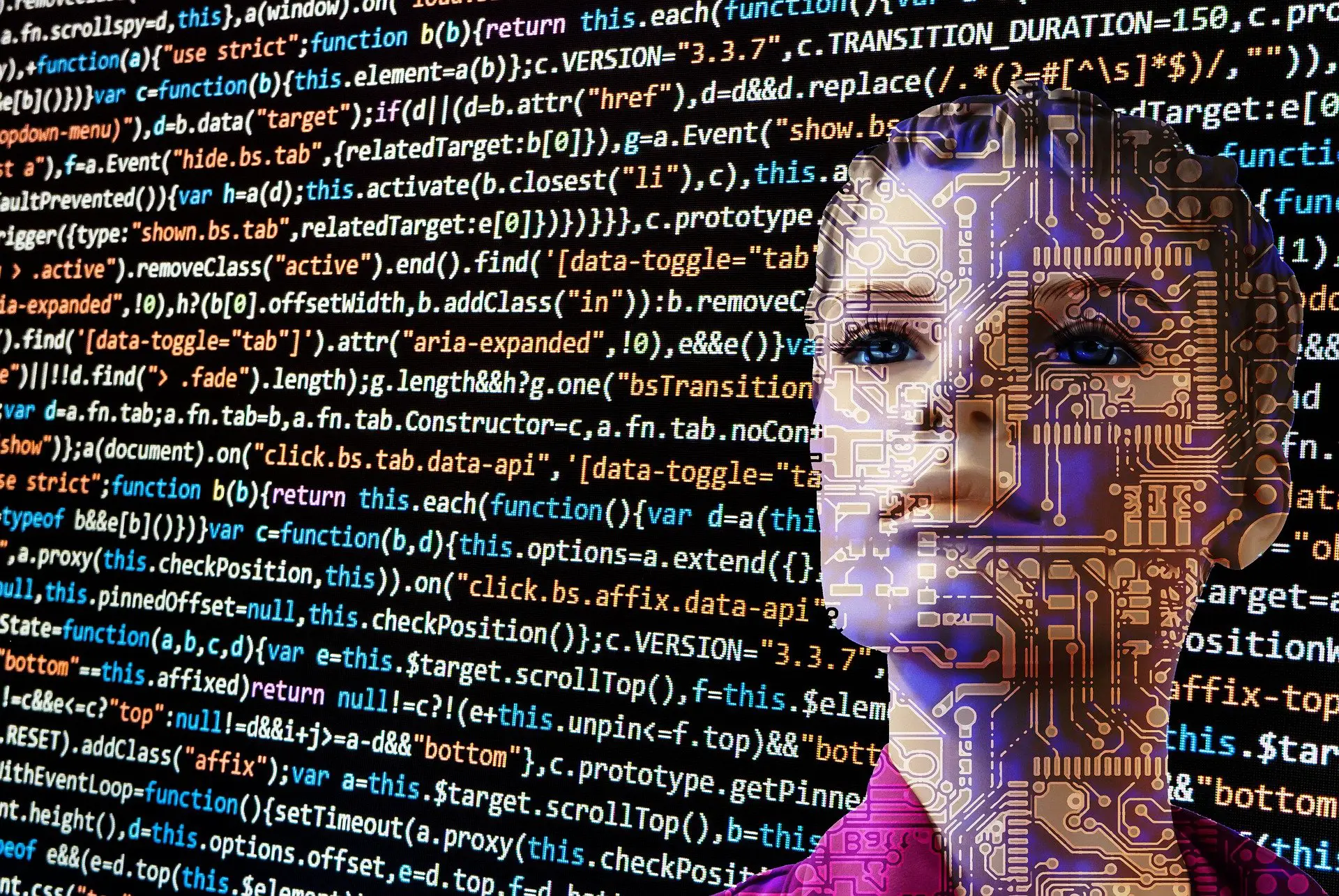Artificial intelligence is already doing a lot in the food and beverage industry, and it has the potential to do considerably more. There are significant risks involved with all sorts of manufacturing, particularly those involving food and beverages. Which of the many potential variables is causing a procedure to fail? What constitutes a “good” product, and what should be the criterion for revising or discarding a product? These queries may be answered by the processing equipment itself.
Artificial intelligence and machine learning are systems that use processing equipment to deal with gradations, subtleties, and causes that are too complicated or numerous for the human mind to manage. AI is already being used in several food processing applications and has the potential to be used in many more. Product profiles that aid quality inspection have been created using artificial intelligence.

Artificial intelligence (AI) is capturing the interest of corporations across many disciplines and sectors, including Food Processing and Handling (FP&H). According to McKinsey, the FP&H business is currently valued at $100 billion and will increase at a CAGR of 5% through 2021.
However, in terms of direct benefits, AI assists the FP&H industry in five important applications, which are,
- Package and Product Sorting
- Food Safety Observance
- Keeping Things Clean
- Product Development
- Assisting Customers in Making Decisions
Applications of Artificial Intelligence in Food Processing and Handling. Food processing is a complex industry. It include sorting food or raw materials from the farm, as well as maintaining machines and various sorts of equipment. Finally, when the final product is ready to ship, people inspect it to determine whether or not it is ready to send. However, AI is used to automate this procedure in many food processing plants. The top five AI apps that directly impact food processing industries and help them generate revenue and improve customer experience are listed below.
1.Package and Product Sorting

The first operational hurdle that food processors encounter is feedstock sorting. Every potato, tomato, orange, and apple is unique, which necessitates meticulous sorting because every food processing company must maintain a particular level of quality in order to compete. This procedure, if not automated by AI and other new technologies like as IoT, necessitates a massive amount of human effort.
2.Food Security Compliance
In the food processing industry, safety is a major problem. Food contamination can occur at any level. Factories have begun to use AI-based cameras to assess whether or not an employee is dressed appropriately. However, it is a large-scale application of what the Shanghai municipal health office implemented in Shanghai’s eateries. In conjunction with Remark Holding, the firm installed AI-enabled cameras in over 200 eateries, with plans to grow to over 2000.
The AI-enabled cameras assisted restaurant management in monitoring restaurant employees to ensure that they were wearing correct food protection gear in accordance with food safety rules. It enables them to notice any lack of discipline in real time.
3.Keeping Things Clean

Maintaining cleanliness is a major concern in food processing plants. Many businesses claim to be as pure as ice since every procedure is automated and never touched by human hands. What if the machines and equipment become contaminated? Customers have also gotten more knowledgeable, and they understand that having every step automated does not guarantee that the product is safe to consume. They require additional evidence.
According to the University of Nottingham, equipment cleaning consumes over 30% of a food processing plant’s energy and water supplies. They say that their AI-based sensor technology can save roughly $133 million per year while also reducing time (by half), electricity, and water used to clean the equipment.
Traditional cleaning methods lacked sensors, resulting in food particle residue in vessels of equipment. The system was unable of cleaning minute food particles, whereas the new self-optimizing cleaning system was. It employs optical fluorescence imaging and ultrasonic sensing technologies to provide data to the Machine Learning algorithm, which will aid in the monitoring of microbiological waste and food particles in the equipment.
4.Product Development
The food processing business is unique in that a single company can produce a wide range of products. Coca-Cola, for example, has purchased over 500 brands and offers its customers over 3500 different sorts of drinks. However, the question of how the corporation choose which flavour to make next arises. Prior to AI, the brand performed surveys and advertising to determine what their customers desired.
Coca-Cola now maintains many self-serving soda fountains that allow consumers to build their own customised drink by combining a range of Coca-Cola beverages. Thousands of such fountains were installed around the United States. Each of these fountains was utilised by hundreds of clients to produce unique drinks.

Using artificial intelligence, they discovered that the majority of customers blended cherry-flavored Coke with sprite. This information aided Coca-Cola in developing their new product, Cherry Sprite.
5.Assisting Customers in Making Decisions
AI, like food processing industries, assists its clients in making smarter purchasing decisions. Kellogg’s released Bear Naked Custom, which allowed customers to make their own unique granola using more than 50 ingredients. The system employed IBM’s Chef Watson to store thousands of potential recipes and feed them to an AI algorithm, which assisted users in determining if the components would taste good together. This technology not only assisted clients in creating their tiny personalised quantities of granola, but it also assisted the corporation in determining what their next line of product should be, comparable to Coca-Cola.
Conclusion
Despite its early stages, artificial intelligence is reshaping the food processing and handling industry. It will forever change the FP&H sector in the future years. AI will assist these businesses in increasing revenue by speeding up the manufacturing process, reducing maintenance time and thus production downtime, decreasing the chances of failure by automating almost every process, and ultimately delivering an excellent customer experience by predicting their likes, dislikes, and desires.
